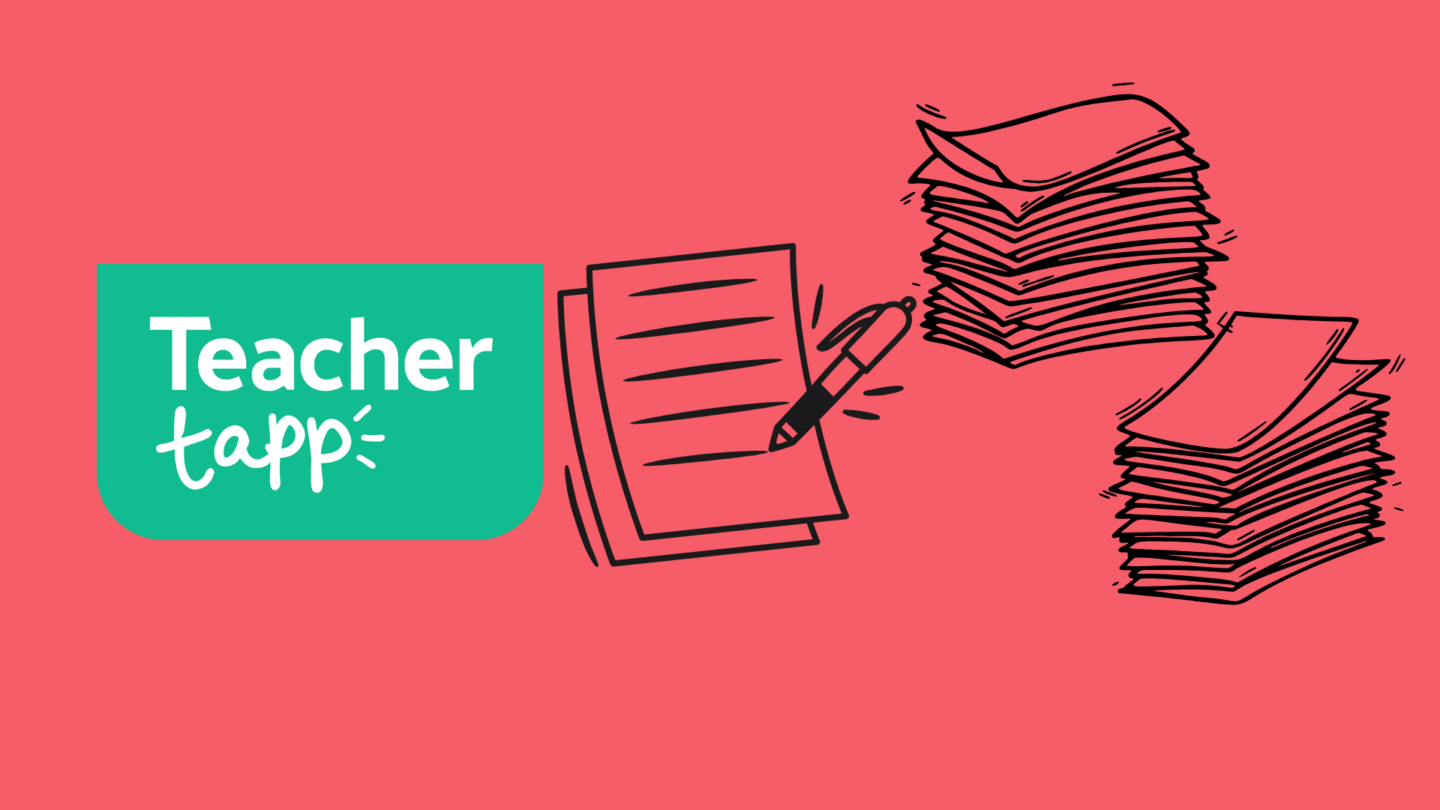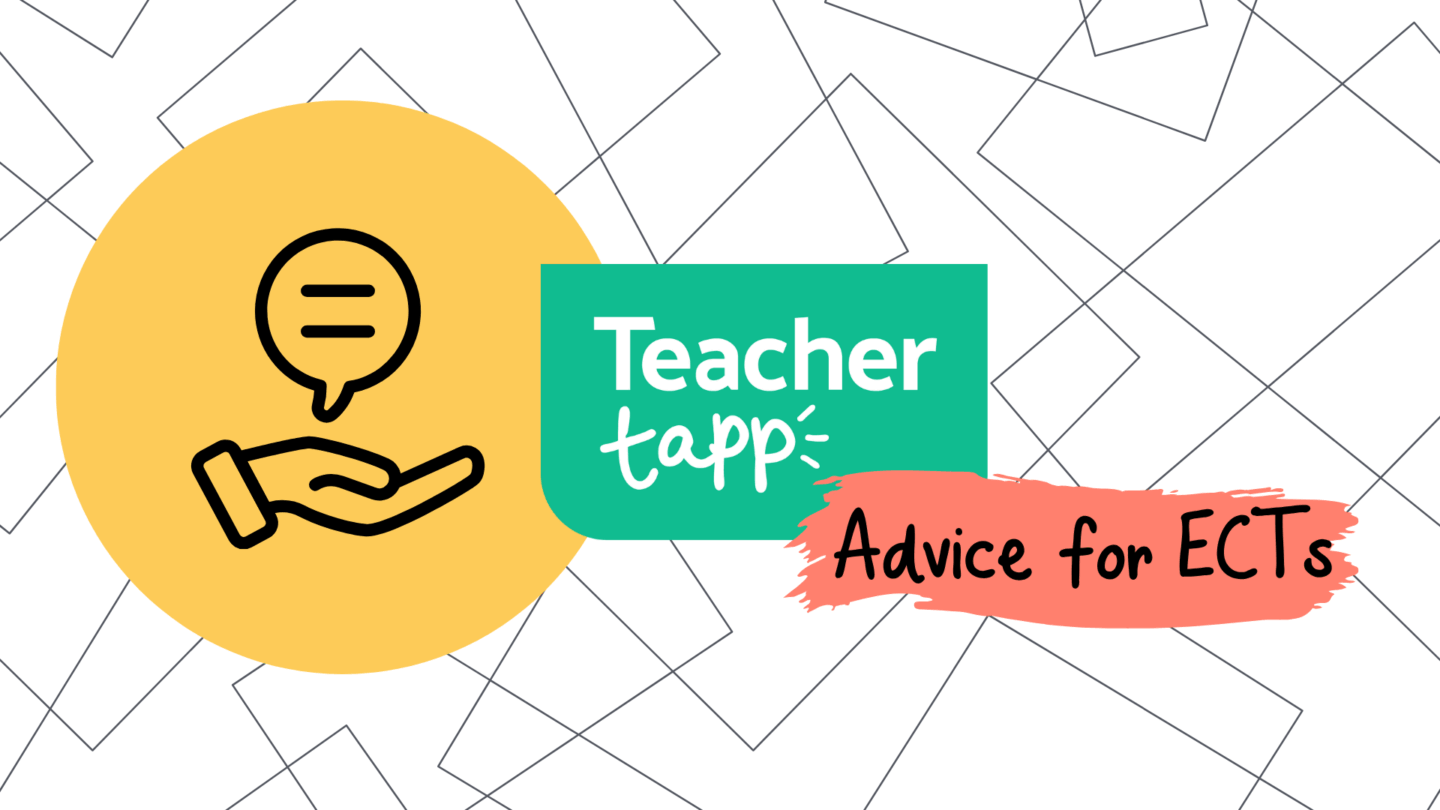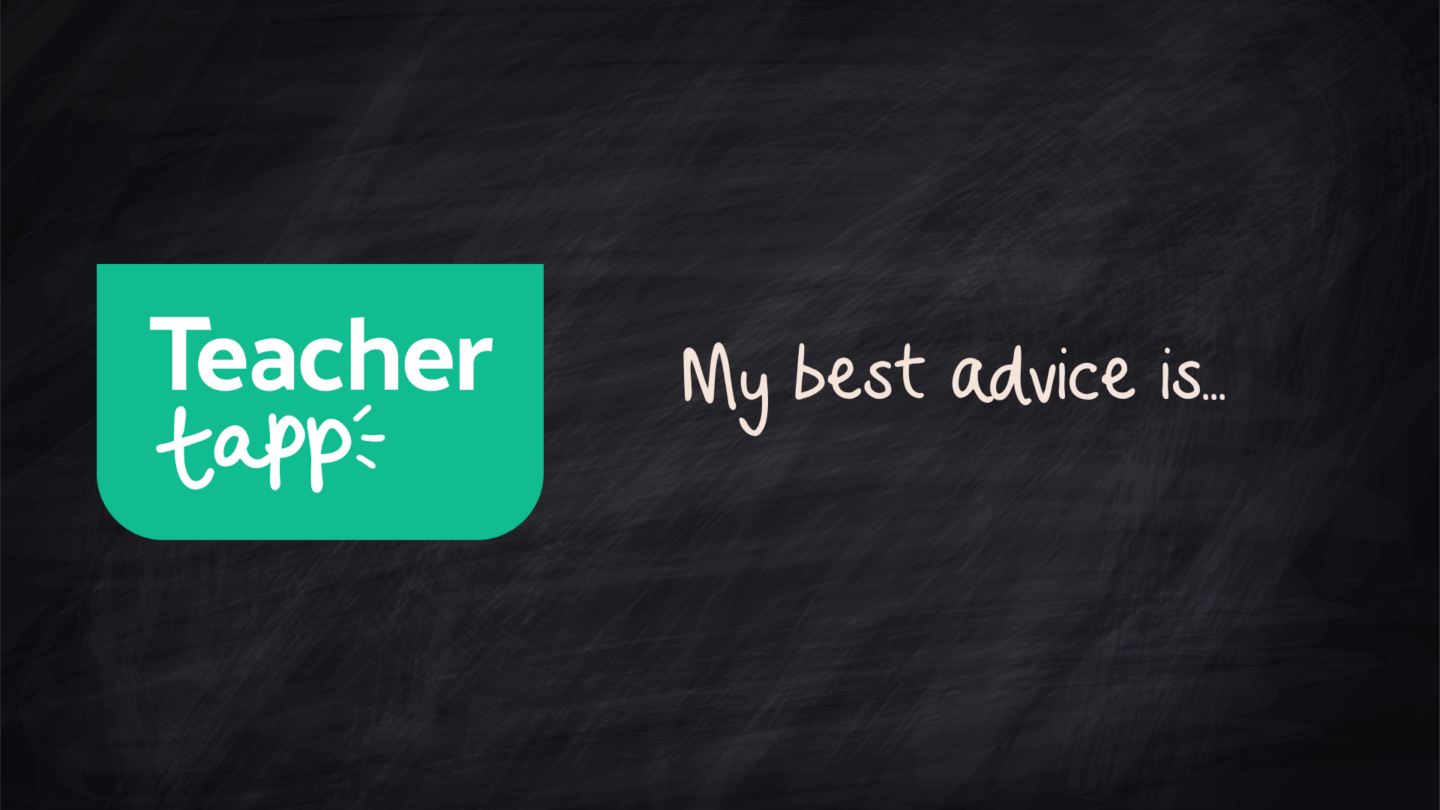Hello Tapsters!
May is certainly a busy month in education. GCSEs and Sats are both underway and transition plans for new incoming cohorts are taking shape 🙌.
If you’re also making sports day plans you might be particularly interested in our May Prize Draw 🏃♂️🏃♀️🏃. Teacher Tapp will give £500 💰 to make your sports day the best ever 🥇.
If your shot puts are looking shabby, or you want to get some decent new seats for the staff – we have you covered. All you need to do to be in with a chance to win is answer three days in a row. Every three day attendance is rewarded with a ticket; more tickets means more chances to win 🥳.
All the terms and conditions can be found here.
What excuse for no-excuses?
There is no neat definition of what ‘no excuses’ means – but it has become short-hand for a school where the behaviour policy is applied to all pupils all of the time. A school where a punishment is administered, no matter what the excuse is (Teacher Tapp’s Laura McInerney was on BBC Radio 4 podcast ‘Anti-Social’ speaking about this topic just this week, and edu-blogger Joe Kirby has written this blog on the topic).
It’s certainly a divisive topic and has attracted lots of criticism in recent years (particularly US Charter Schools who adopt the no-excuses approach). But what do teachers think about no excuses?
Splitting the data into primary and secondary, there is a less enthusiasm for ‘no excuses’ with teachers of younger pupils (51% agree vs 67%).
Results over time reveal a drop of support in primary of 10 percentage points ↘️. Secondary has also had a drop, but much smaller – only 3 percentage points.

When we look at the data in more detail, middle leaders seem slightly more in favour of ‘no excuses’ than senior leaders and headteachers (61% vs 50%) – something that we also noticed last time we asked. 🤔
Could this be because senior leaders are the ones to deal with the more complex pupil cases? Or could it be because it is senior leaders who have to try and oversee its implementation across the whole school? Let us know your theories…📲
No Sats
This week year six children picked up their pencils and opened their booklets, eager to meet their old friend Chen and find out what maths problems he/she needs help with this time.
Currently, parents have no right to ‘opt out’ their child – and instead it is all left up to the headteacher to make the decision.
But should parents have the right to removed their son or daughter from the KS2 SATs tests? 🚫 17% of primary teachers said they ‘strongly agreed’ that parents should be able to opt out, compared to 14% of secondary teachers .
Compared to previous years we can see your replies last week follow a long term trend of diminishing strength of feeling about the right to withdraw pupils from Sats: From 53% in 2018 dropped to 40% in primary, and 48% in 2018 dropped to 32% in secondary.

But who opposes them the most? If we factor in seniority, we find it is classroom primary school middle leaders that are the most likely to say parents should be able to withdraw their child (42%).
No photocopying
There are few things more stressful than trying to get photocopying done before lessons begin, and the distance between the photocopier and your classroom is surely measured in heartbeats, not seconds or minutes 😩.
But when it comes to how much photocopying you can do – what’s going on in schools? 🔍
Primary school teachers can copy with impunity, well, 92% of them can. Significantly more than then 75% of secondary school teachers.
Looking at trends over time, primary is pretty much in the same state as it was in 2018, whereas in secondary slightly more people have unlimited photocopying access (though has dipped a little (four percentage points) since we last asked in 2022).

Little point of note – two years now and the number of reprographics managers seem to have gone down – is this a role that has gone in your school? Let us know on the app, email or through socials 🙌.
Was that inset good for you?
Every teacher has to attend inset – but perceptions of how useful that inset is may vary…
Classroom teachers are the least likely to describe their inset as ‘very useful’ with less than one in ten tapping that option.
However, over half the headteachers felt differently, with 53% saying they found their inset very useful.
Given it’s likely the leaders who have chosen and designed the school inset, it’s not really that surprising that they found it so useful – but might there be something in the expectation vs reality at play here 🤔.
If your inset was not useful – what was it about it that could be better? Is it that what you’re doing doesn’t apply to your job role…or just you’ve got more important things to be getting on with?

Top events
This week’s top event is…Nurture UK and their FREE one-hour webinar: Key Components for Effective Nurture Group Provision 🤩.
We’ve had lots of new events added to our app – plus easier filtering options. Go and check out what’s new!
Ups and Downs
On the rise (ish) 📈
Parents undermining sanctions Primary school teachers saying parents have undermined a sanction is up 6 percentage points since 2018 and is now at 29%.
Heading down 📉
Text books Use of text books to plan lessons has plummeted over recent years. In 2017, 43% of teachers were using text books to plan their lessons, this year that has dropped to just 20%.
Daily Reads
Our most read daily read this week was the blog: What to avoid in exam prep lessons
If you would like to read the rest you can find them here 👇





